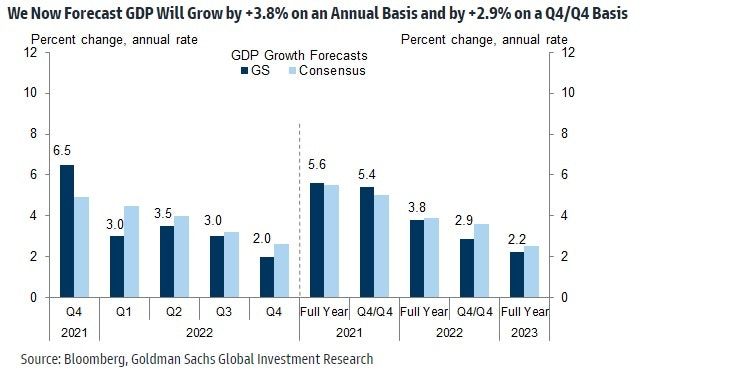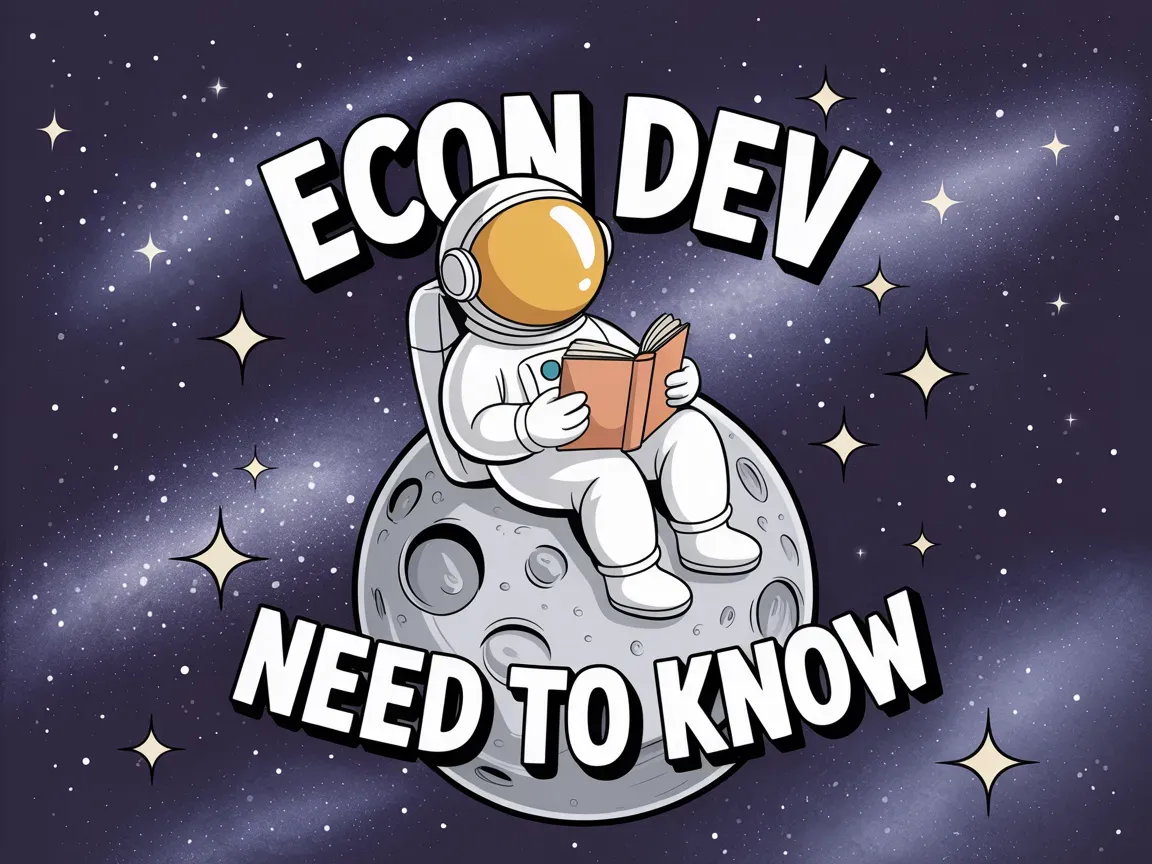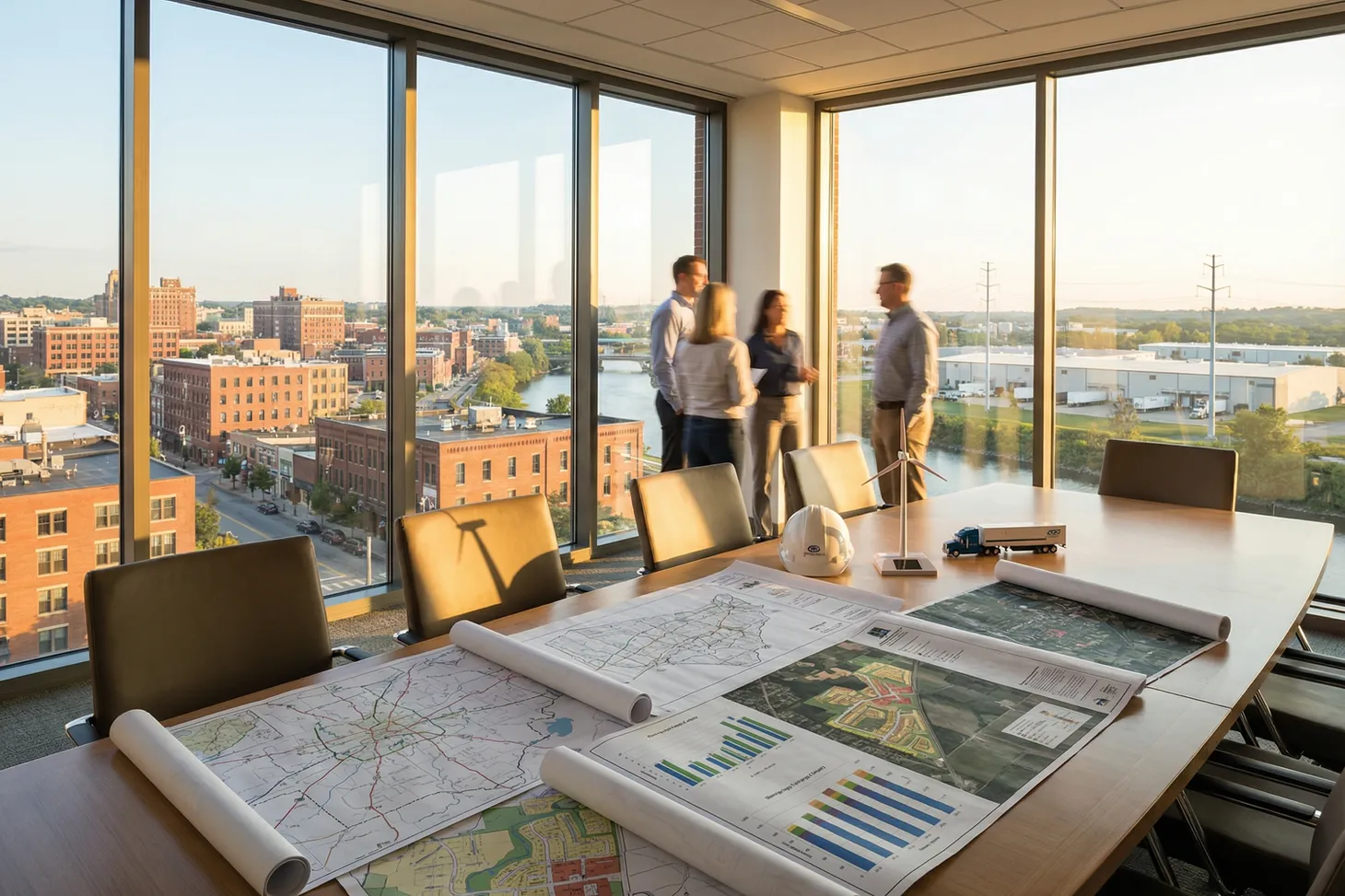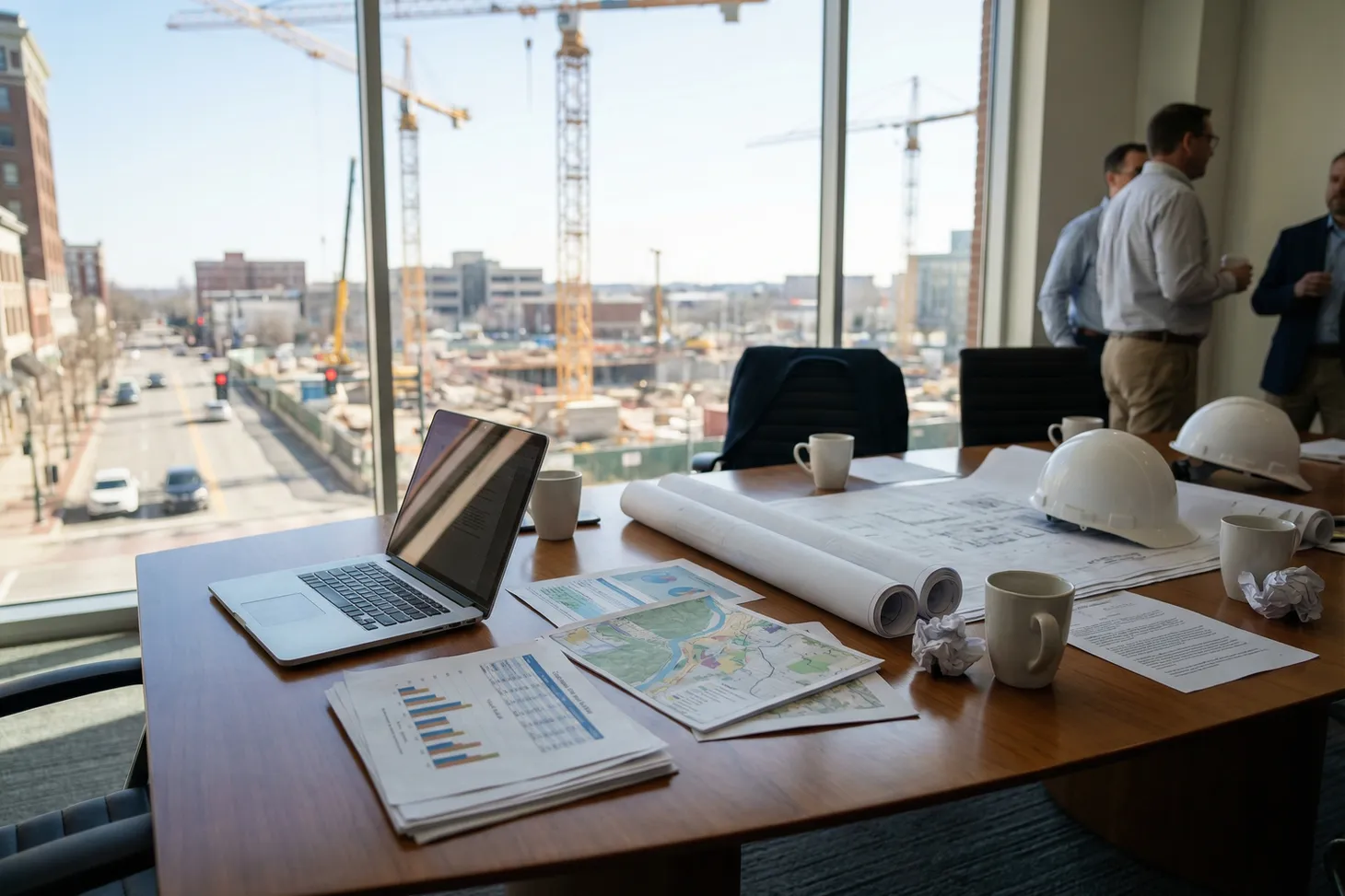Assorted Links Tuesday
Return-to-office chaos is the best thing to happen to consult.ants since Y2K.

Table of Contents
This is a short story about what happened to the U.S. economy since the end of World War II:
That’s a lot to unpack in 5,000 words, but the short story of what happened over the last 73 years is simple: Things were very uncertain, then they were very good, then pretty bad, then really good, then really bad, and now here we are. And there is, I think, a narrative that links all those events together. Not a detailed account. But a story of how the details fit together.
Goldman Sachs has updated their economic outlook to incorporate Omicron:

First, Omicron could slow economic reopening, but we expect only a modest drag on service spending because domestic virus-control policy and economic activity have become significantly less sensitive to virus spread. . . . Second, Omicron could exacerbate goods supply shortages if virus spread in other countries necessitates tight restrictions. This was a major problem during the Delta wave, but increases in vaccination rates in foreign trade partners since then should limit the scope for severe supply disruptions. . . . Third, Omicron could delay the timeline for some people feeling comfortable returning to work and cause worker shortages to linger somewhat longer. We have updated our GDP forecasts to incorporate our updated virus outlook as well as the latest GDP tracking data. . . . We now expect GDP growth of +6.5%/+3.0%/+3.5%/+3.0%/+2.0% in 2021Q4-2022Q4. This implies 2022 GDP growth of +3.8% (vs. 4.2% previously) on a full-year basis and +2.9% (vs. +3.3% previously) on a Q4/Q4 basis.
How Japan is dealing with their labor shortages:
Given the country’s aging population, continued economic growth in Japan will have to rely on technology-driven productivity gains, but red tape could slow the spread of automation and artificial intelligence in its economy.
🚀 Life in 2050: Prime Movers Lab, a venture capital firm that focuses on “breakthrough scientific startups ... reinventing energy, transportation, infrastructure, manufacturing, human augmentation, and agriculture.” It’s put together a roadmap of sorts about how the next three decades might play out if the line keeps going up.
Return-to-office chaos is the best thing to happen to consultants since Y2K: A new breed of “experts” is here to help desperate employers navigate these uncharted waters. Too bad no one knows anything.
Janet Ady: Business vs. individual location decision making:
We live in a world where Economic Development Organizations (EDO) must operate on two parallel paths: business development (business retention, expansion, recruitment, and start-up) and talent development (talent retention, development, and recruitment). In short, it’s a “chicken and egg” world: we need people to staff our businesses, and we need businesses to provide jobs to our current and prospective residents.
Econ Dev Show Newsletter
Join the newsletter to receive the latest updates in your inbox.


